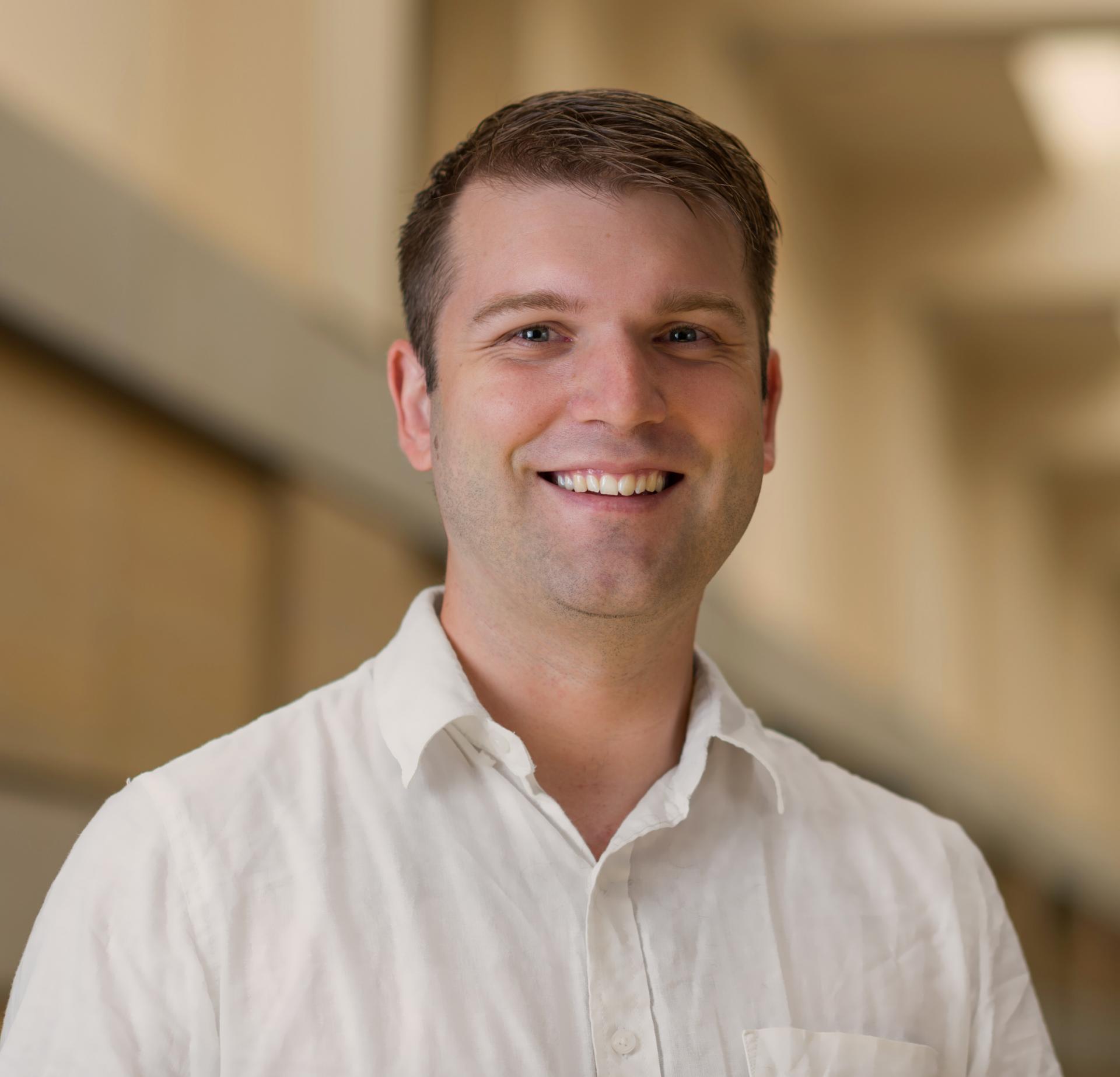
 COVID response by Wyatt Brooks, Loughrey Collegiate Chair in Economics and Human Development, and Ford Program researcher
COVID response by Wyatt Brooks, Loughrey Collegiate Chair in Economics and Human Development, and Ford Program researcher
How, if at all, has the COVID-19 situation affected your research questions, methods, or timeline?
I am currently involved in two projects with the Ford Program.
The mentorship study in Kenya was at the phase where we were about to expand to a new location to implement our intervention. However, with the restrictions on movement and in the interest of public health, we are no longer conducting in-person fieldwork. Instead, we have repurposed our team to do immediate follow-up interviews with women already enrolled in our study to learn about how the coronavirus outbreak is affecting them and their businesses (since all are entrepreneurs). We are gathering information on their expectations, the effects on their businesses, the behavior of their consumers, and many other variables. The goal of these surveys is to understand how this crisis is affecting this economically vulnerable population as the crisis unfolds and potentially accelerates.
In the Community Lending with Outside Capital project, we have also ceased fieldwork. In that project, our baseline and intervention takes place over the course of a full year as the various community lending groups begin their annual cycles. Fortunately, relatively few of them begin their cycles in April and May, so we hope that the disruption to that project will be limited.
From your perspective, how has the pandemic affected the lives of your research participants/respondents/subjects and their communities?
In the two projects, the nature of the disruptions is very different.
In Dandora, an extremely dense urban environment, people are on edge and worried about how the situation will evolve. We spoke with pharmacies in Dandora, and they reported that there are rumors and misinformation about how to prevent coronavirus and uncertainty about how serious it will be. In addition, as business owners, the reduction in street activity does have an effect on their businesses.
In Uganda, we work in rural farming communities where the disruption is less intense. In this part of Uganda, there is not yet an outbreak, and so the most serious issue for people currently is the uncertainty of what is to come.
From your perspective, how has the pandemic affected the work of organizations you are working with to implement your research?
This does not apply to either project as we are implementing both interventions.
Personally, what or who are you most concerned about regarding your research or research site?
I am very concerned about how the Kenyan government would treat a serious outbreak in Dandora. I fear that in a situation like that, the goal would be a harsh containment strategy rather than a serious attempt at treatment. People in Dandora generally feel like they do not get support from their government, and if the crisis intensifies there, that may lead to serious loss of life.
In Uganda, these communities are at less risk but would face extremely serious consequences if exposed. These communities do not have easy access to medical care or needed medical equipment.
Do you see long-term consequences and implications of the current situation for your research?
In the Kenya study, I think our ability to turn around and learn about how businesses are affected by a public quarantine is generally useful for planning for future containment strategies. There are potentially a variety of issues that may come out of that study, and it will evolve as we analyze the initial data, and as the situation there changes.





